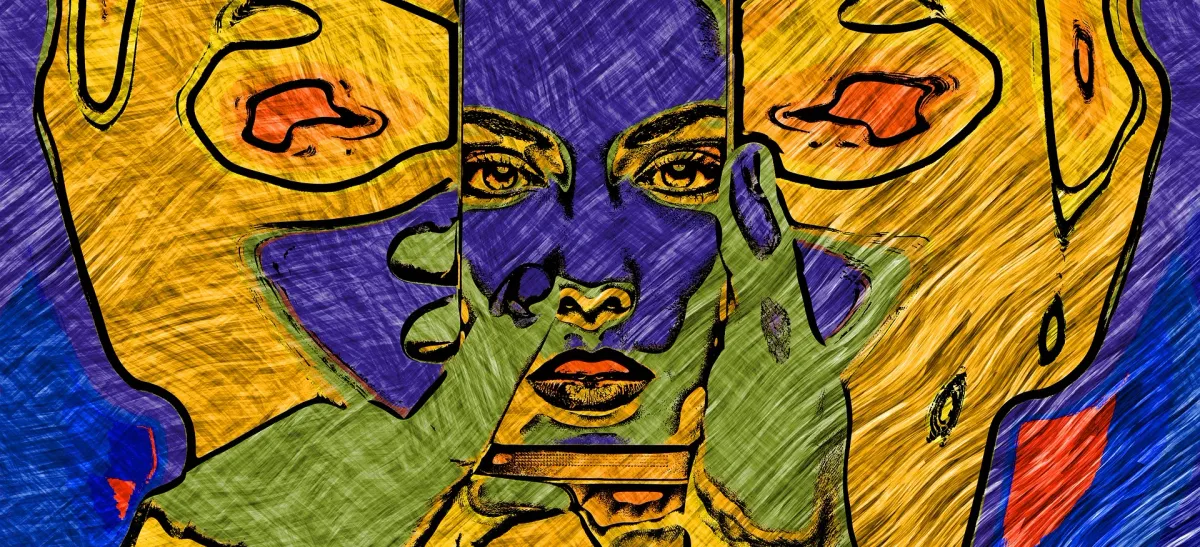Twitter Means Too Much to Disabled People to Abandon
Like so many other disabled people, I found my community on Twitter. And I'm terrified to lose it.

Access the Audio Read version of this article directly on Spotify for Podcasters.
Last week, the news broke that Tesla founder Elon Musk had succeeded in buying Twitter. While everyone was busy tweeting about how the world’s richest man could use his astonishing wealth to literally end world hunger, he decided to buy the whole platform - for a whopping $44 billion.
Following the announcement, users in their droves tweeted that they would be deleting their accounts and leaving the social network, citing Musk’s keenness to reinstate “freedom of speech” and his own views - ones that often seem to angle towards the right-wing, despite his stated preference to “stay out of politics."
I understand why so many left-leaning people want to leave Twitter. They’re already sick of the constant abuse vulnerable people, women, trans people, queer people, Black people and people of colour face every time they voice an opinion on the bird app. However, as a disabled person, the idea of losing this platform makes me incredibly sad.
Like so many other disabled people, I found my people on Twitter. The disabled community on Twitter is the most open and welcoming space I have ever been a part of. It’s where I turn to for answers when I need help, but also when I need to feel like I’m not alone in this strange existence that is living in a body that is actively trying to kill me.
The disabled community was there for me online when I didn’t have the support in person; they’ve been there for me, inside my phone when I’ve been unable to get out of bed or helped calm me down after a frustrating hospital appointment. They’ve empowered me to advocate for myself with doctors and in my work life.
It’s through asking questions and engaging with other disabled people that I gained the confidence to talk more openly about disability: not just how my conditions affect me, but the injustices disabled people face and how ableism impacts our lives.
From talking about disability, I was able to move into writing about it. From starting my own blog and sharing my opinions on Twitter, I was picked up by prestigious publications which wanted me to share my opinions. As I grew, so did my work, and I found myself interviewing scientists and experts in relationships, and writing investigative articles into issues such as the abuse of disabled people.
Of course, I worked hard to get where I am as a journalist and editor, but I owe my career to Twitter. I thought I could never pursue a career in journalism, as a disabled woman who could never work in an office environment and needed to nap every day, but my community showed me that my voice was valuable and in-kind editors saw my worth.
It was during the hardest of times that the disability community on Twitter truly pulled through together. When the pandemic hit, many disabled people had to shield in their houses for most of 2020 and 2021. We watched as our non-disabled counterparts celebrated “freedom day”, whilst we feared for our lives. While they were out, we tweeted support at each other, offered advice, shared GoFundMe links, and virtually held each other through our anger and grief.
It was during the pandemic that I launched my own independent publication for disabled people, The Unwritten. After becoming more and more frustrated that mainstream media was ignoring disabled people, the very people who were most vulnerable to COVID-19, I took to Twitter to ask “hypothetically”, if there was an audience for a disabled publication that would publish things other than inspiration and trauma porn. The response was overwhelming. Even more shocking was how many members of my community wanted to donate - considering that disabled people typically don’t have a lot of disposable income. When the website launched, I was inundated with pitches and even more feedback from readers telling me how needed this was. It feels incredible now to be able to give back to my community after it’s given me so much.
So while there is a lot of bad on Twitter, there's also undeniably so much good that I'm so terrified to lose. I made the best friends of my life on there, and met the most amazing community. If everybody leaves, you could say that the ‘bad guys’ win.
After a lifetime of not fitting in, and not being able to participate in various things, I don’t think I should have to give Twitter up. At the end of the day, in the face of adversity, and the very people seeking to silence voices like mine, why should I let them win?





